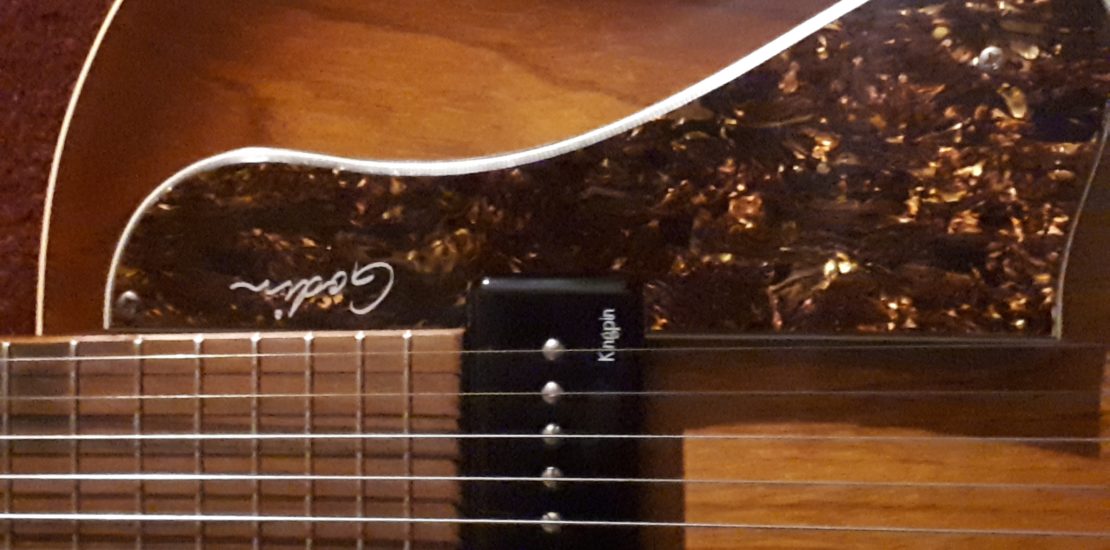- February 15, 2019
- Posted by: Stephen Burt
- Category: Coaching

3. Following the client’s interest and using insight and intuition to spark their awareness.
The coach may manage the process but the client drives the agenda. Coaches believe that clients are the expert on their issues, that discovery and creation is more efficacious than advice, and the clients will be more committed if they generate their own solutions. But there is a challenge at the heart of our commitment to being non-directive: clients can be in the dark or blinded by the glare of their everyday experience. Our insights and intuition as coaches can usefully inform the questions, observations and hypotheses that help them shine the light. We, as coaches, may see patterns, blocks or opportunities that the client does not. If we merely follow their interest, asking good questions, then that is technique. If we use our experience to guide our actions in way that is self-aware, then that is both self-management and self-expression.
This tension may leave us in two minds – one passive, the other more active. The first is safer but the second could lead to a break-through. What should we do? The quality of our contracting helps here. What is our understanding of the client’s goals and needs? Could what we are about to share and highlight serve them even though they have not seen it for themselves, or is it emerging from our unexamined and unfettered self, a form of self-expression that is more about our ego than the client’s needs? A tricky question that can only be answered through doing the work on ourselves that Sir John Whitmore advocates, and our insights should always be held lightly so that we maintain the quality of authority we want and avoid taking on some form of hierarchical power.

